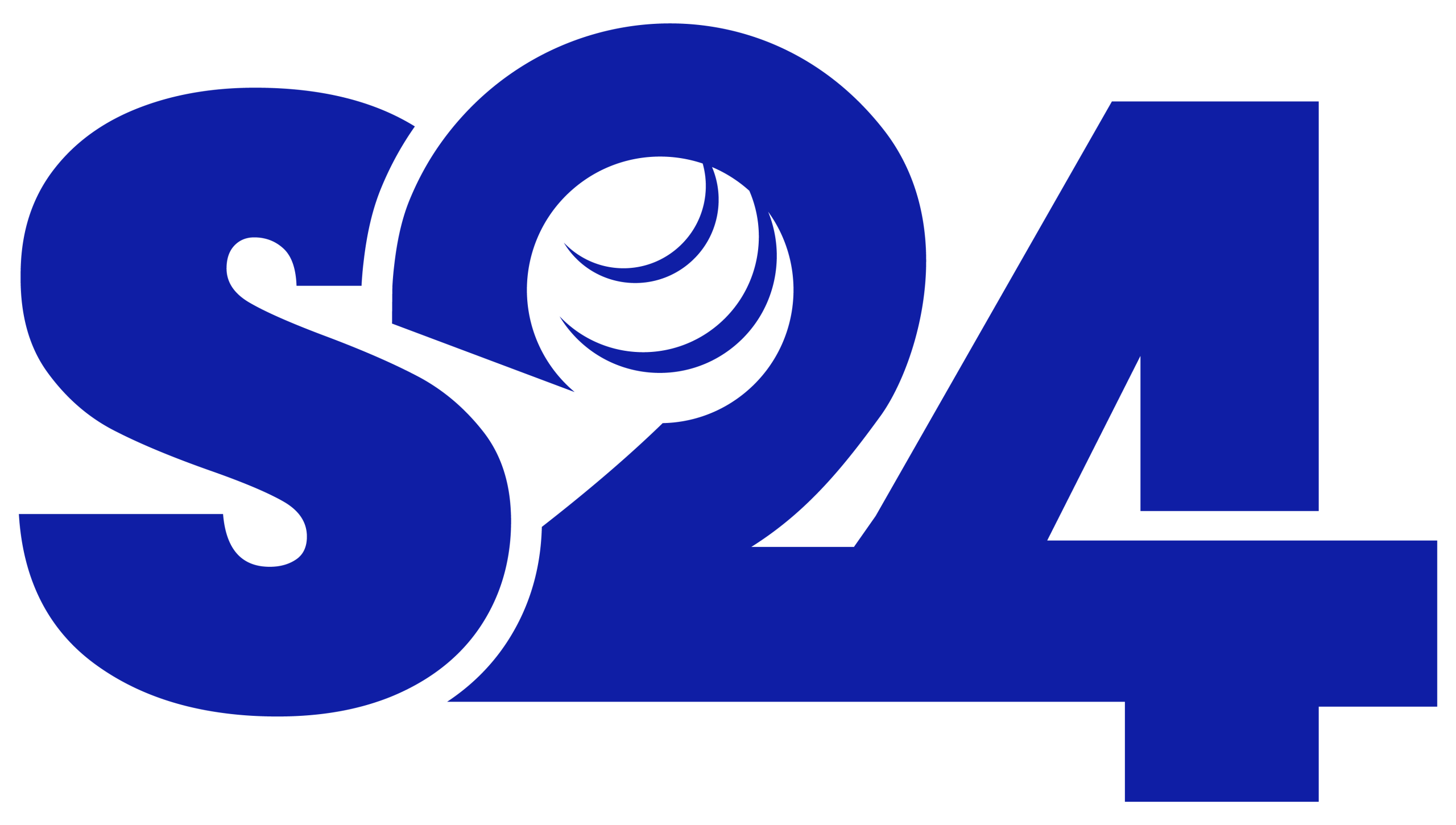Nigeria’s Budget Office has clarified that the North-West region leads in federal infrastructure projects with ₦5.97 trillion, while Lagos accounts for ₦1.2 trillion in direct projects. Contrary to viral reports, ₦3.9 trillion attributed to Lagos covers nationwide projects, not the state alone.
The Budget Office of the Federation has confirmed that the North-West region received the highest value of Federal Executive Council (FEC) approved projects under the current administration, amounting to ₦5.97 trillion between 2023 and mid-2025.
The update, released in the latest Budget Performance and Project Distribution Report, refutes viral claims that Lagos State alone cornered ₦3.9 trillion worth of projects, clarifying that such figures covered nationwide initiatives, not Lagos-exclusive developments.
Director-General of the Budget Office, Ben Akabueze, clarified that while Lagos is home to several large-scale infrastructure projects, many of these projects are federal in nature, spanning multiple states and serving as key national corridors.
According to him, only about ₦1.2 trillion out of the reported ₦3.9 trillion in projects are exclusive to Lagos State, with the remaining share belonging to national infrastructure such as the Lagos-Calabar Coastal Highway, the Lagos-Ibadan Expressway, and ongoing rail modernization projects connecting Lagos to other parts of the country.
“Much of what is being described as ‘Lagos projects’ are national assets that either begin or end in Lagos but extend far beyond the state,” Akabueze explained. “For instance, the Lagos-Calabar highway will benefit the entire southern coastline, not Lagos alone.”
Official data compiled by the Budget Office indicates the following distribution of federal project approvals during the review period (2023–2025):
Region FEC Approved Project Value (₦ Trillion)
North-West 5.97
South-West 4.31
South-South 3.84
North-Central 3.65
North-East 2.16
South-East 1.92
Total 21.85 trillion
(Source: Budget Office of the Federation, September 2025)
The North-West’s dominance reflects ongoing federal commitments in transportation, defense, and energy infrastructure, including the Kano–Maradi Rail Line, Zaria–Funtua Road, and Sokoto–Illela Highway rehabilitation.
Federal Executive Council (FEC) approvals represent the contract value of projects approved for execution across the country. They are not direct financial allocations to states or geopolitical zones.
For instance, a federal highway linking Lagos and Ibadan or Kano and Kaduna is categorized based on where it begins, but the benefits extend beyond those states. The same applies to rail corridors and seaport projects.
Economists note that such distinctions are essential to avoid misinterpretations that could inflame regional sensitivities.
Experts emphasize that FEC approvals are not direct cash allocations to states, but federal-level contract authorizations for projects executed by ministries and contractors nationwide.
Public policy expert said Nigerians often misinterpret project data:
“FEC approvals are about national projects, not handouts to states. A road may begin in one region but benefit the entire country.”
Data from the Federal Ministry of Works and Transportation show extensive ongoing development across the regions:
• North-West: Kano–Maradi rail, Zaria–Funtua dualization.
• North-East: Borno-Yobe reconstruction and resettlement.
• North-Central: Abuja–Lokoja and Ilorin–Jebba highways.
• South-West: Lagos–Ibadan expressway, Coastal Highway.
• South-South: East-West Road, Niger Delta bridges.
• South-East: Second Niger Bridge access roads.
The report underscores the government’s claim of equitable development across the country.
The Centre for Fiscal Transparency and Integrity Watch (CeFTIW) has urged the government to publish quarterly reports showing ongoing project implementation.
“When the data is made open, citizens can independently track progress and counter misinformation,” said CeFTIW’s Executive Director, Umar Yakubu.
Development economist Dr. Hassan Bello added that publishing region-by-region dashboards would enhance accountability and public trust in the budgeting process.
The verified data from the Budget Office of the Federation confirms that:
• The North-West leads in federal project value with ₦5.97 trillion.
• Lagos-specific projects total ₦1.2 trillion not ₦3.9 trillion as earlier circulated.
• ₦21.85 trillion worth of FEC-approved projects are spread across all six zones.
The government insists the spread reflects a balanced infrastructure agenda, as part of its national development strategy.








